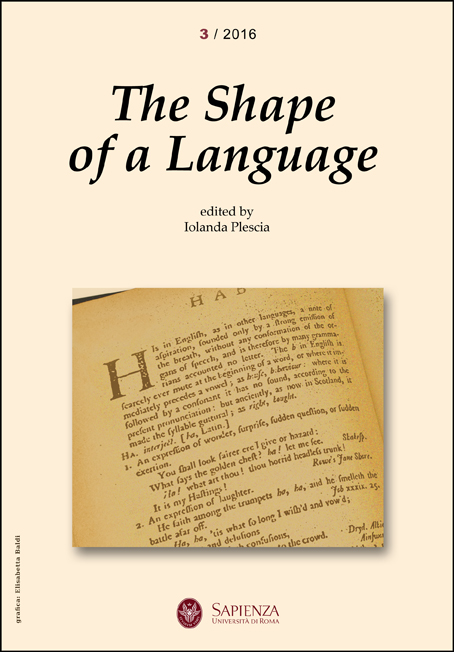Who Invented 'Gloomy'? Lies People Want to Believe About Shakespeare
Abstract
It is a truth universally acknowledged that Shakespeare was a coiner of new words. From popular websites, to the most serious academic journals, his creativity with neologisms is celebrated as something that reaches to the core of his genius. But what if we check the evidence for these claims? The rise of digital research tools, from the electronic Oxford English Dictionary to portals that allow us to search tens of thousands of Early Modern books, means that anyone with an internet connection can repeat, and better, the searches made by the OED’s original army of readers in the nineteenth century. In seconds, we can do what it took them years – and far more thoroughly and extensively.
The results are bad news for those who rest their case for Shakespeare’s eminence as a writer on his supposed invention of words like ‘gloomy’, ‘eyeball’, ‘undress’, ‘radience’, and hundreds of others. Shakespeare did not invent words. Not any. Not one that we have been able to find so far.
Keywords: Shakespeare’s language, early modern English, lexical creativity, neologisms, Shakespeare’s vocabulary myth


